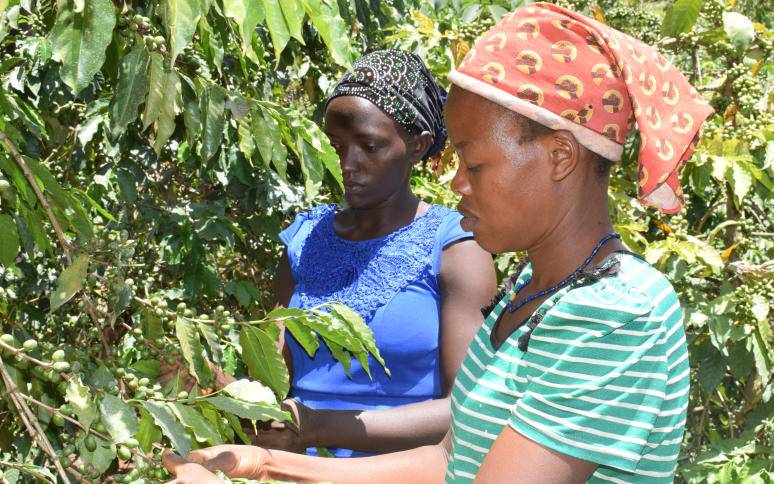×
The Standard e-Paper
Smart Minds Choose Us

Coffee farmers cooperatives are set for significant reforms to promote better livelihoods, the Government has announced.
According to the Ministry of Agriculture, plans are at an advanced stage to have all cooperatives governed according to the new coffee sector regulations set to be tabled in Parliament for debate in two weeks.